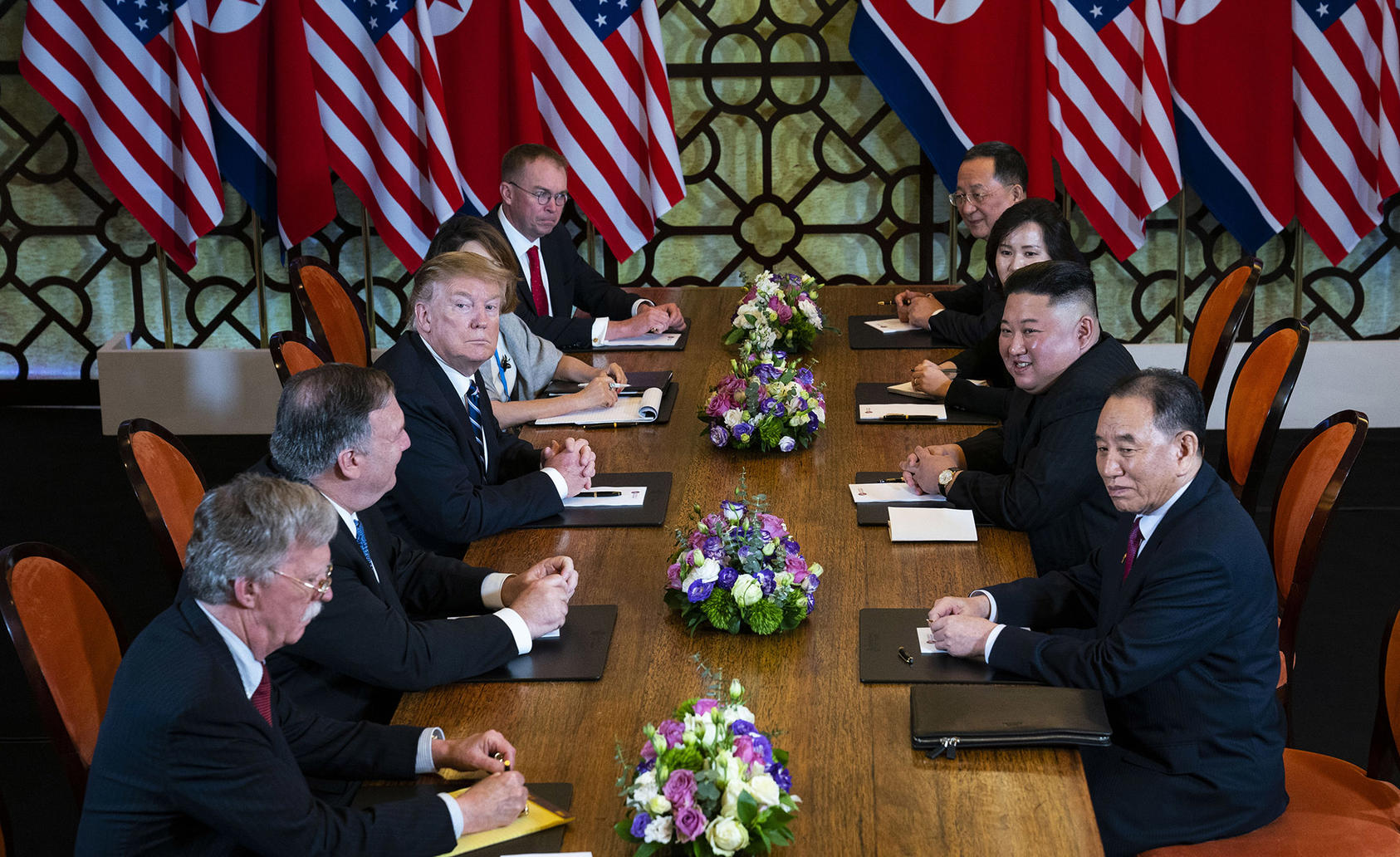To help U.S. policymakers better manage the myriad risks they face on the Korean Peninsula, this report assesses whether and how to pursue national security diplomacy with North Korea. This concept of engagement responds to the National Defense Authorization Act of 2020 regarding the benefits and risks for U.S. national security. Persistent engagement with North Korea’s national security elites, the report argues, is a policy wager with a large potential upside and very little cost and risk.

Summary
- Isolating North Korea from the United States and the international community is self-defeating. The sparseness of U.S. ties to North Korean officials magnifies risks related to crisis management, nuclear stability, and diplomatic negotiations.
- U.S policy inadvertently increases the difficulty for U.S. officials to manage a host of security problems in Northeast Asia because it constricts U.S. interactions with North Koreans.
- The United States has a substantial interest in using engagement with North Korean national security officials as a low-cost hedging option in U.S. statecraft.
- Institutionalizing defense and intelligence diplomacy with North Korean counterparts puts U.S. officials in a relatively stronger position than the status quo to reduce geopolitical risks and influence events.
- Thickening elite ties with a historical adversary puts the United States in a marginally better position to preserve nuclear stability, avoid war, and capitalize on opportunities for positive change as they arise.
About the Report
This report examines the benefits and risks to the United States of establishing regular diplomatic engagements with North Korea’s national security elites in an effort to improve the prospects of peace and stability on the Korean Peninsula. The report was commissioned by the North Korea program at the United States Institute of Peace.
About the Author
Van Jackson is a professor of international relations at Victoria University of Wellington. He also holds appointments as an adjunct senior fellow at the Center for a New American Security and Defence & Strategy Fellow at the Centre for Strategic Studies. He is the host of The Un-Diplomatic Podcast and author of Rival Reputations: Coercion and Credibility in U.S.-North Korea Relations (2016) and On the Brink: Trump, Kim, and the Threat of Nuclear War (2018).